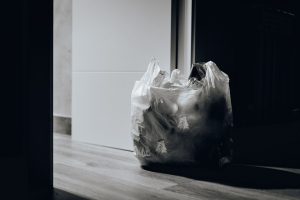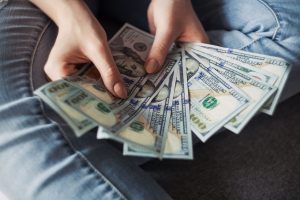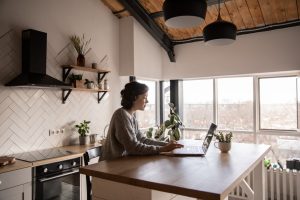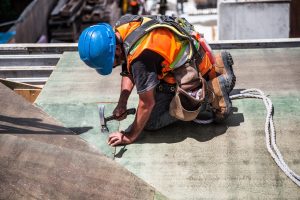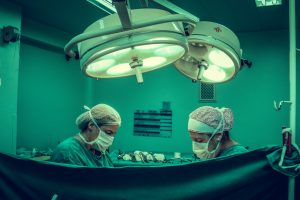Elective Surgery and COVID-19
5 min read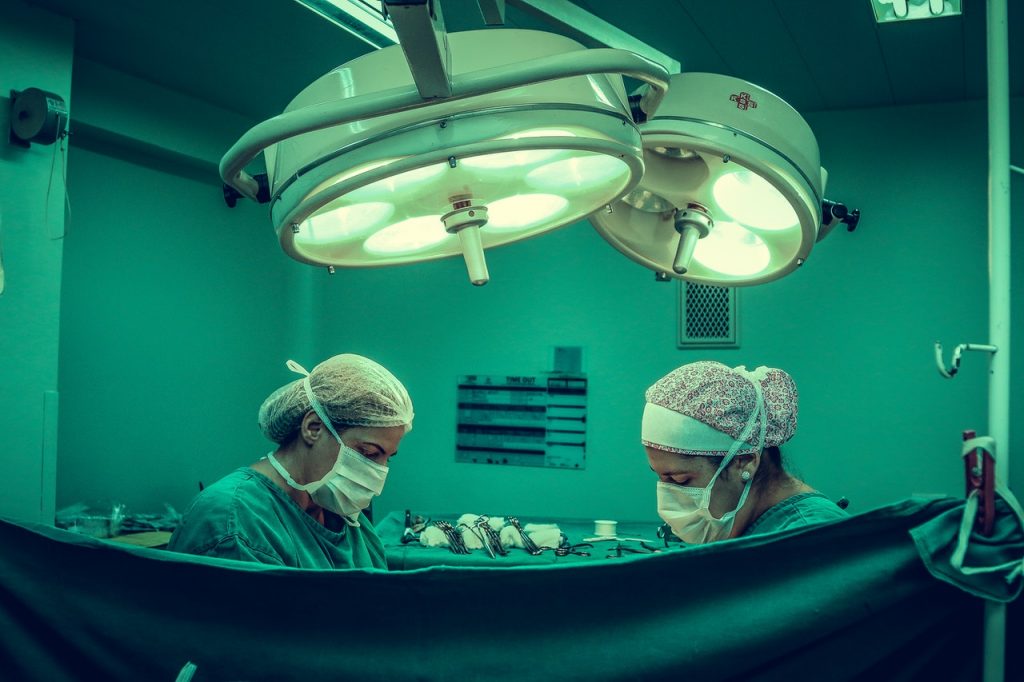
There is no denying that COVID-19 has had huge impacts on businesses and industries around the world. Primarily, these have involved the medical and health industry, arts industry and the retail and hospitality industries. In Australia, in order to allow hospital staff to prepare for an influx of COVID-19 positive patients, as well as make sure all necessary resources were reallocated, elective surgery across the nation was suspended. From March 25, 2020, all public hospitals were ordered to suspend any elective surgeries classified to be non-urgent. This allowed these hospitals to ensure increased capacity to treat infected patients safely and respond to any possible spikes in transmission. Surgeries that were suspended include, but are not limited to breast augmentation surgery, other non-essential cosmetic surgery and bariatric surgery.
While this was necessary to protect public health and all Australians, there is no refuting that this decision was disruptive. On 21 April, it was announced by the Australian Health Protection Principal Committee (AHPPC) that elective surgery could start to slowly commence from Monday 27 April 2020. This was under the assessment that in doing so, the management of COVID-19 in hospitals would be appropriate and that the hospital system was equipped to respond to any risks or situations of an increased number of hospital patients. Up to 25 per cent of surgeries that were put on hold initially were able to go ahead following this date. All infection control procedures in hospitals have become increasingly strict.
The initial suspension of elective surgery was not only limited to the public hospital system, however. Private hospitals and practices were also affected and were unable to conduct non-essential surgeries. Other restrictions regarding hospitals were also enforced. Some of these include the number of visitors that were allowed, temperature checks at the hospital entrances, staff are routinely tested for COVID-19 and social distancing is enforced. A distance of 1.5 metres is required and individuals are encouraged not to spend more than fifteen minutes at a time with others. Regular hand washing and hand sanitising is carried out by staff and visitors. These restrictions were also enforced in facilities like aged care centres. Not only do staff have to put measures in place for fall prevention and help to provide general care, they must also prevent outbreaks of COVID-19.
When looking at elective surgery, travel restrictions imposed also affect the ability for operations to proceed. As international travel has been widely suspended and restricted, medical tourism has come to a standstill. The number of available flights has decreased, and the cost has increased exponentially. Some nations require visitors to have an exceptional explanation as to why they must enter the country. Additionally, travellers are required to isolate for up to two weeks on arrival. When returning to their country of origin, they must do the same. An example of this would include Australian citizens that planned on travelling to countries like Thailand to partake in breast surgery as a cheaper alternative for cosmetic surgery. In order to assist clients, many doctors continued to offer phone call consultations to provide information and support throughout this difficult period.
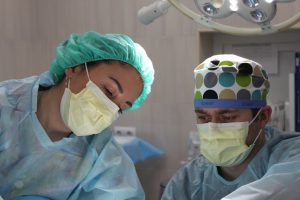
While elective surgery has resumed in some Australian states, this is not the case in Victoria currently. On 7 July 2020, it was announced by the Victorian government and Premier Daniel Andrews that parts of Victoria would re-enter stage three lockdowns from 8 July 2020 at midnight. This lockdown included all of metropolitan Melbourne, as well as Mitchell Shire. Many Victorians were left worried about their jobs, businesses, health and family. The stage three lockdown restrictions stated that individuals could only leave their houses for four main reasons. This included to shop for essential items such as food, to give or receive care such as giving or getting medical attention, to go to work if deemed as essential and to participate in exercise within the locked-down areas.
During the stage three provisions, Premier Daniel Andrews announced that elective surgery was allowed to continue. This did not last long, with cases increasing significantly across the state. On Sunday 2 August 2020, stage four restrictions came into effect. Under these restrictions, elective surgery was no longer allowed to occur unless the surgery was categorised as a level one or serious level two elective surgery. This means there will be no more eyelid surgery for cosmetics purposes or liposuction procedures for the foreseeable future.
Presently, the most important thing that we can all do is to get tested if unwell or experiencing even the mildest symptoms of COVID-19. Symptoms to look out for include a runny nose, headaches, dry cough, sore throat, difficulty breathing, feeling unwell and shortness of breath. COVID-19 is highly contagious and medical authorities have estimated that currently, the virus has a reproductive rate of 2.5. This means that for every person infected, they are likely to infect around 2 to 3 other people. The more individuals that are infected, the quicker the virus will spread. It is vital that the curve is flattened once again to ensure that hospitals can cope with the number of COVID-19 positive patients and that the epidemic doesn’t become out of control within Australia.
So, while temporary suspension of non-emergency surgery is an inconvenience to the many awaiting operations and dermal fillers, as well as for the health industry and private practices, this step is necessary to protect public health. All Australians can do to help in stopping the virus spread is to follow the guidelines and rules set by health officials. This includes staying at home, social distancing by staying 1.5 metres away from others, continually washing and sanitising hands and not congregating in large groups. If we all work together to stop the second wave of COVID-19 in Melbourne and Australia as a whole, hopefully, life will start to resemble some sort of normalcy soon. Until then, it is imperative that we all abide by lockdown laws, measures recommended to keep everyone safe and look after each other during this difficult time. If you have supplies to spare for those in need, donate them. If you are feeling unwell, get tested and stay home until you receive your result. Do not go out and bulk buy items such as food, toilet paper or personal hygiene products. Purchase only what you need and there will be plenty to go around. These are all simple measures but will be massively impactful in protecting public health.

